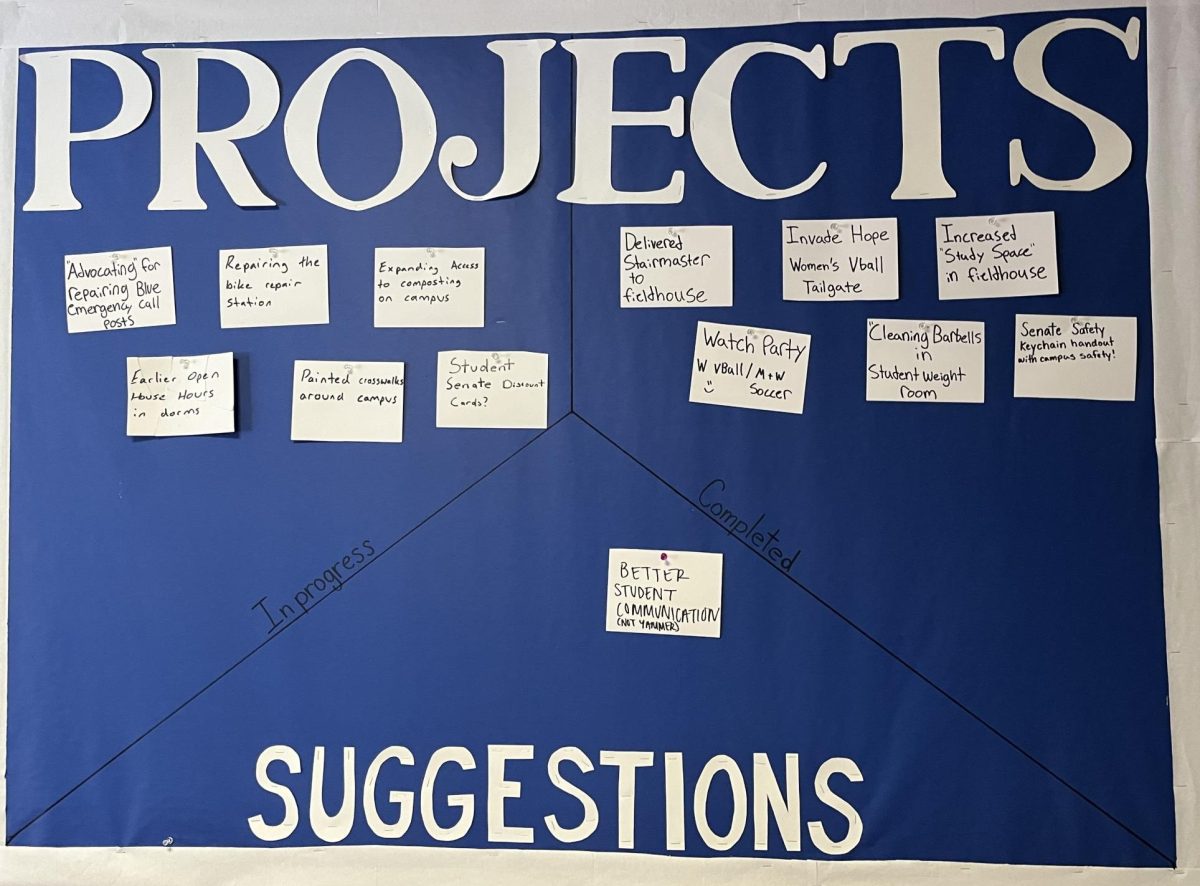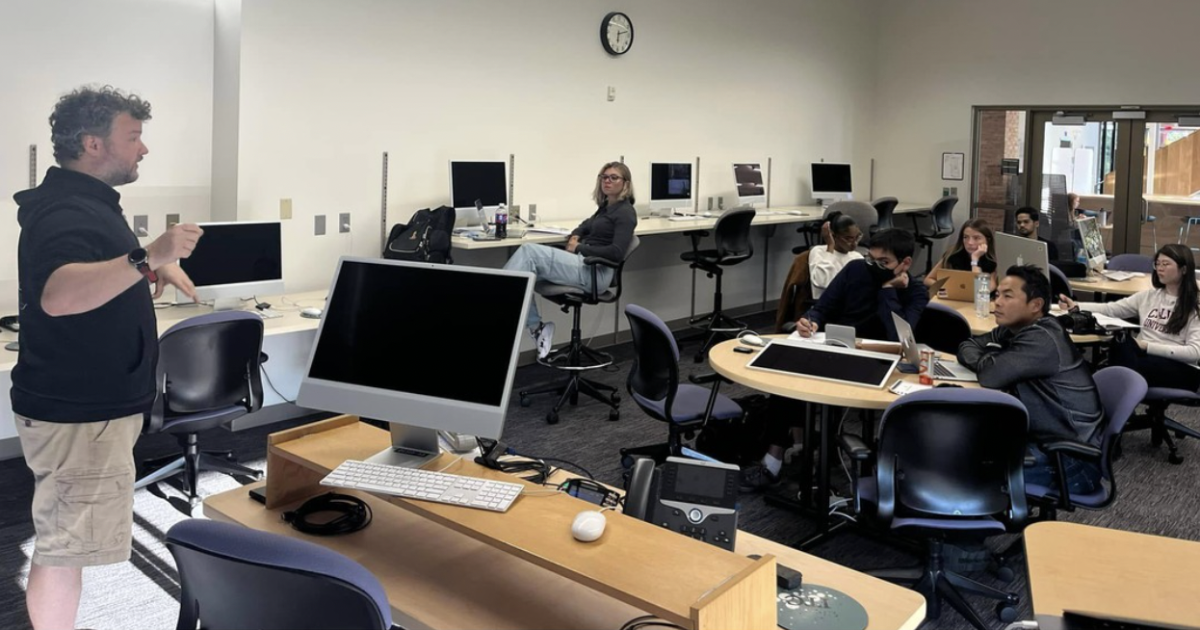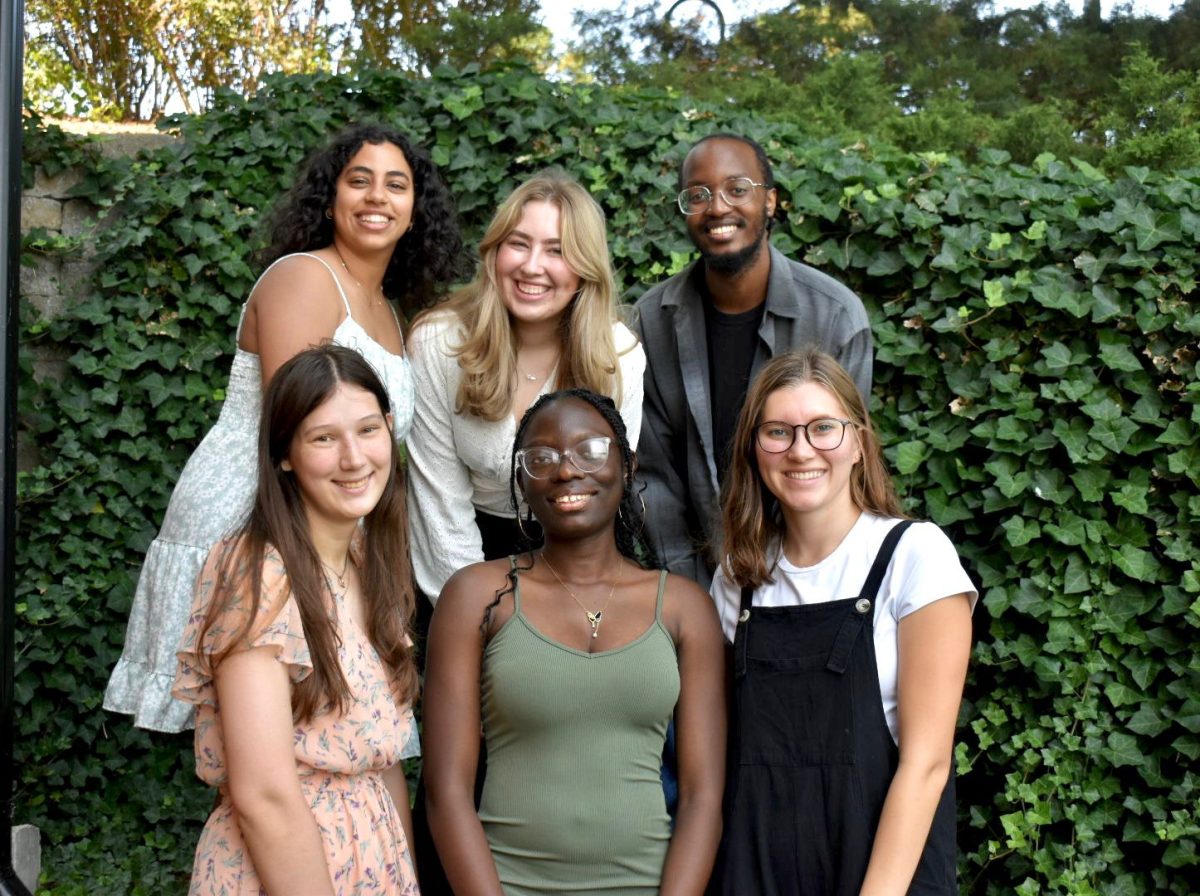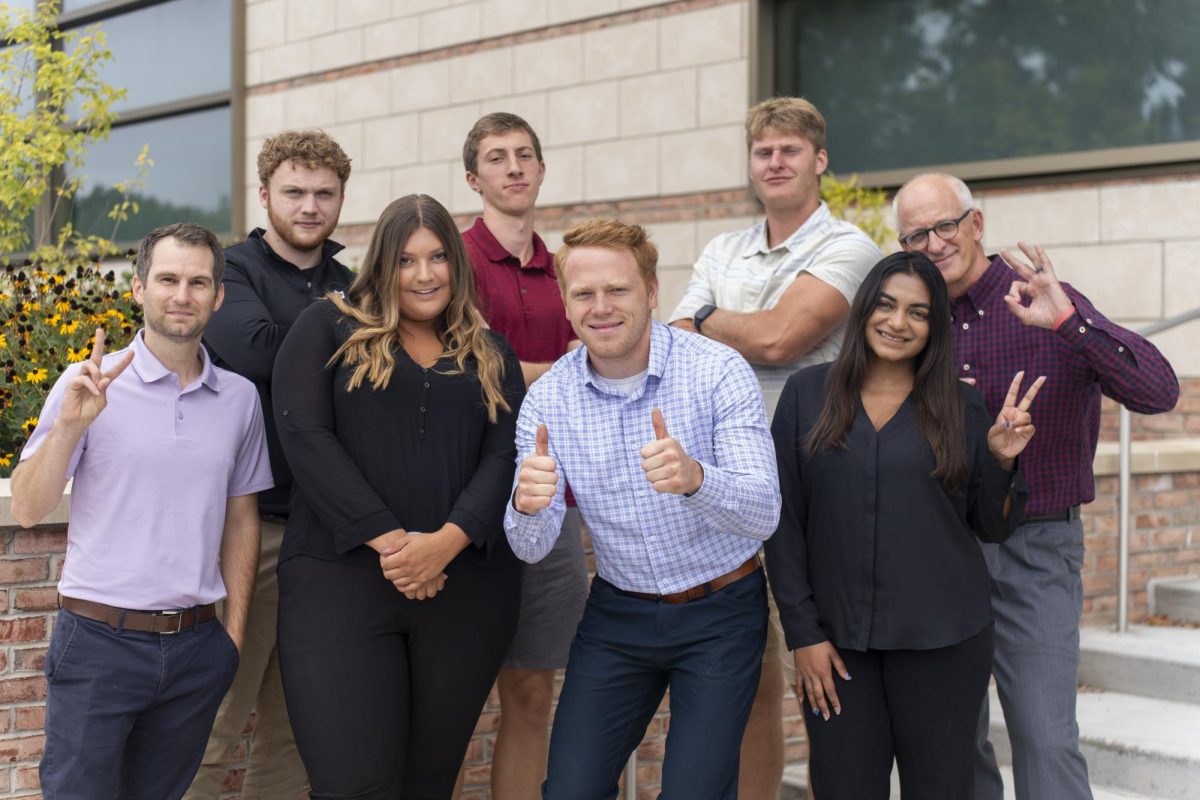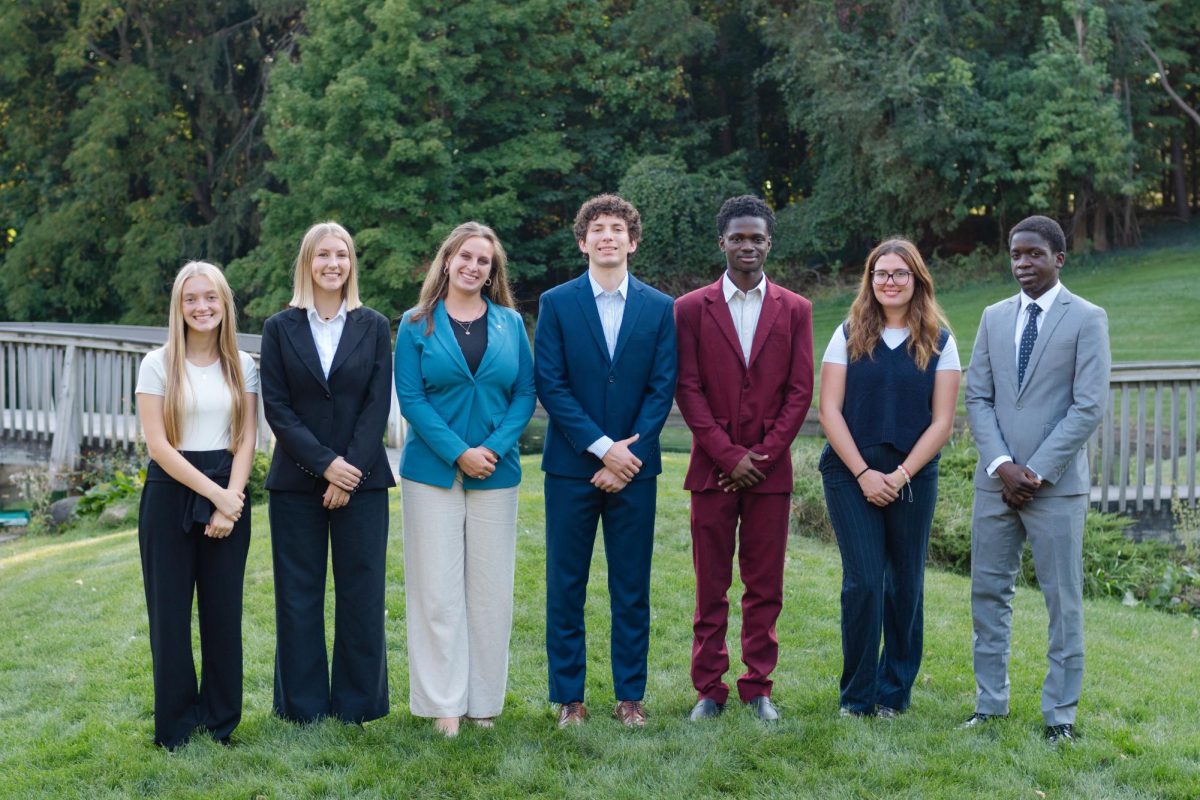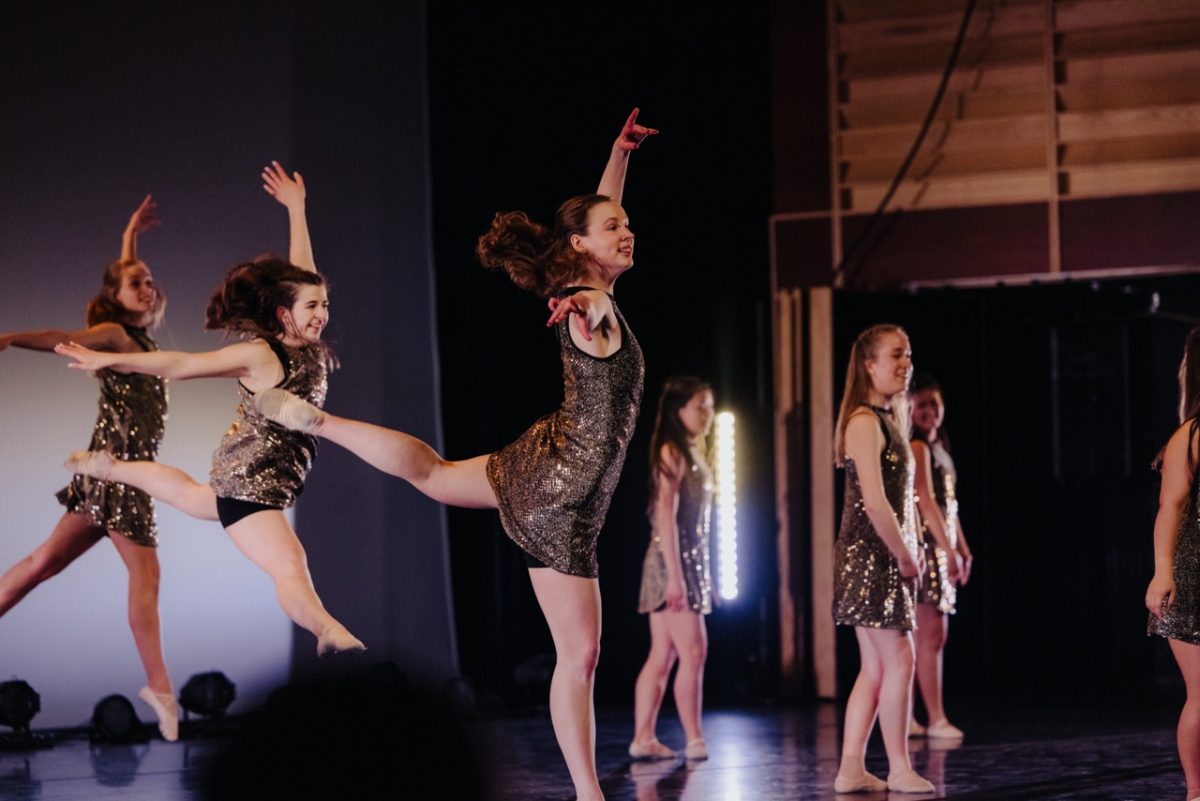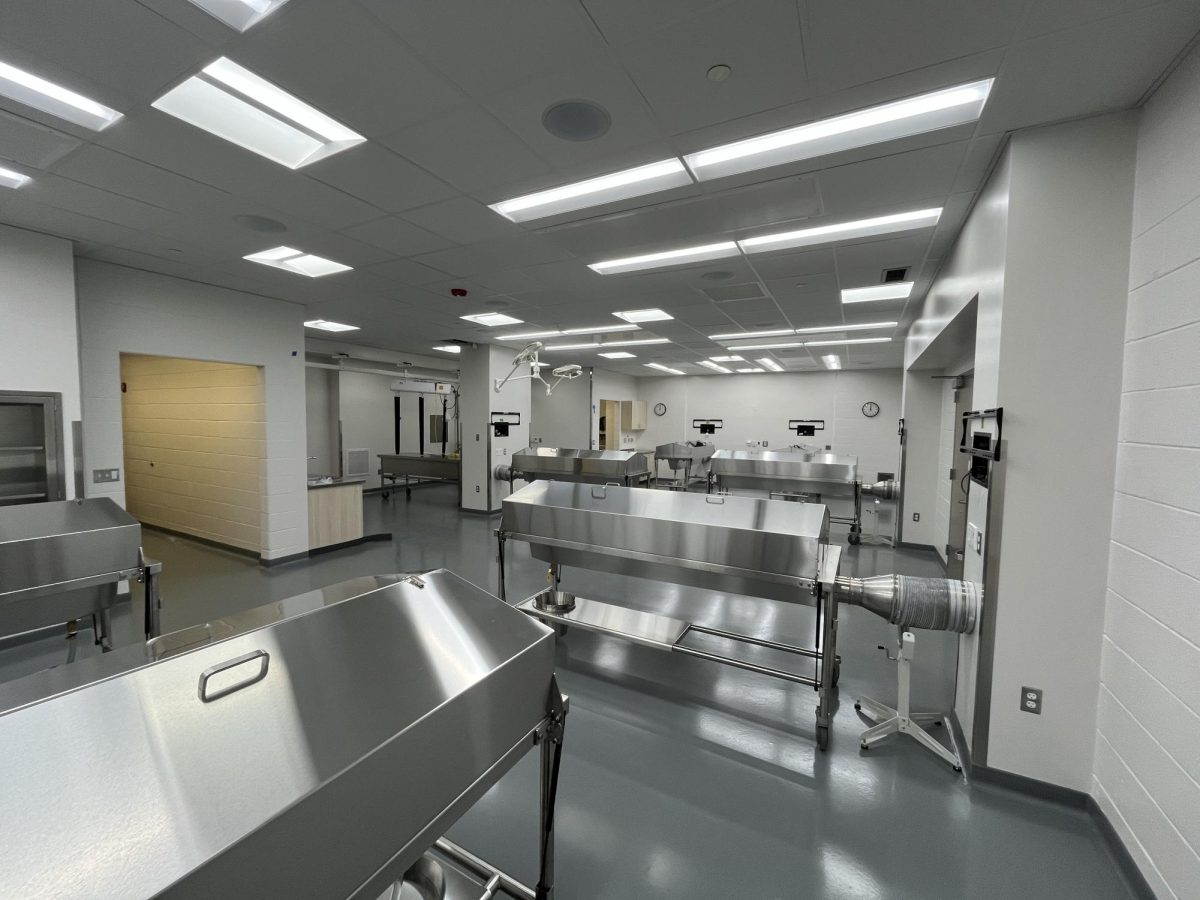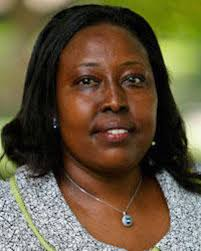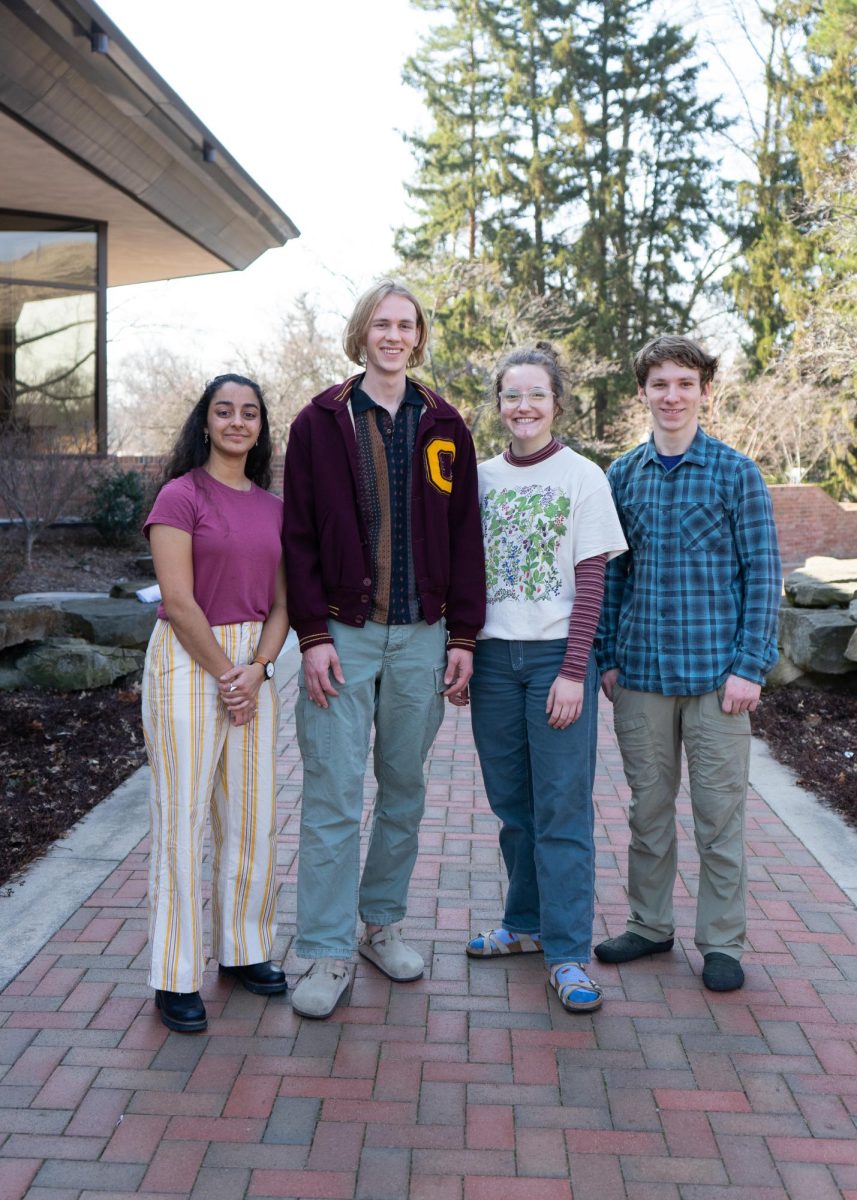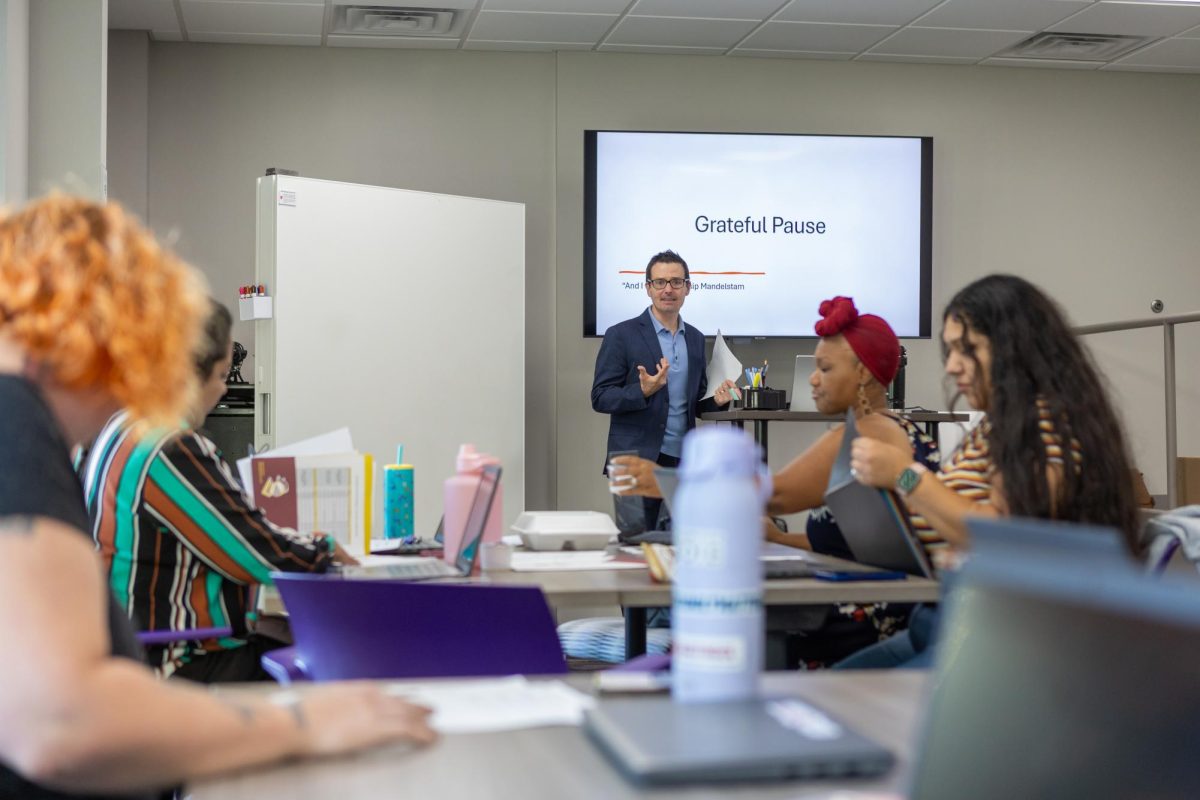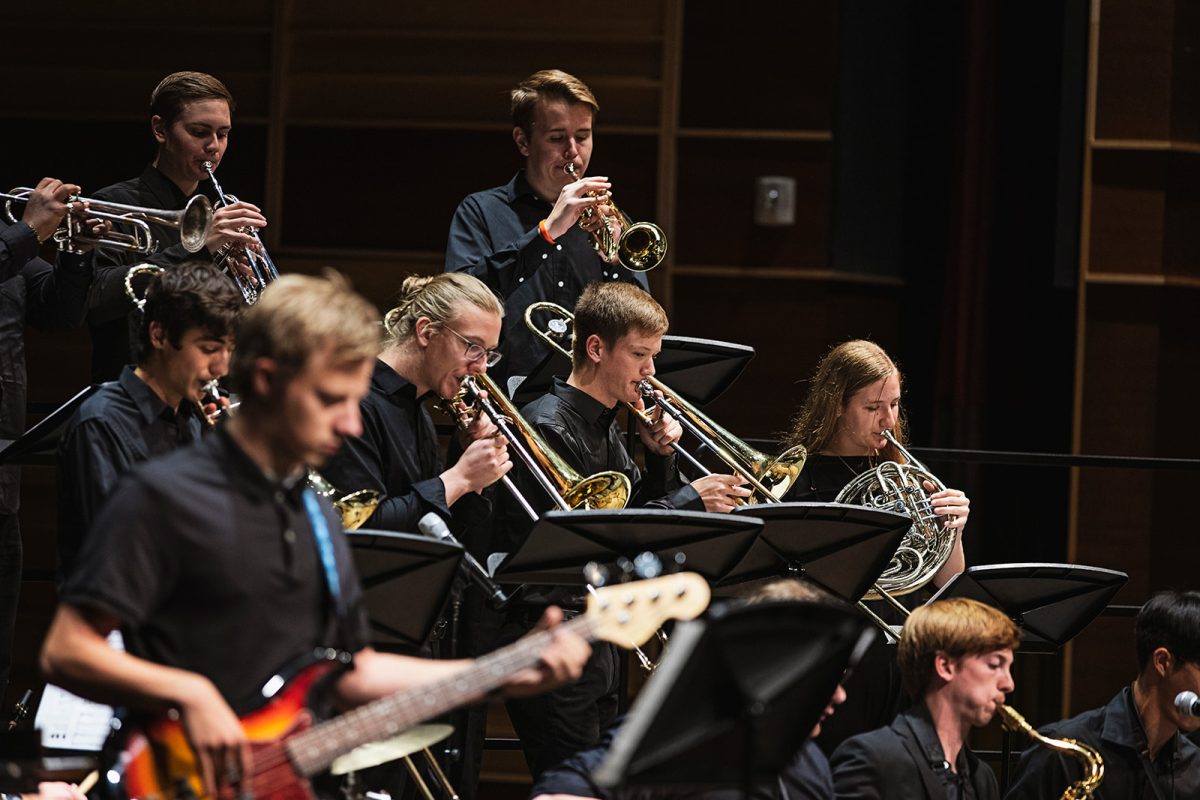Big changes are coming for the 2024-25 Student Senate, and it’s not just the upcoming move out of the Commons Annex. As part of changes to the Student Senate constitution passed in a vote on Feb. 12, senators will no longer be directly elected.
John Britton, associate dean of Campus Involvement and Leadership and advisor to the Student Senate, framed the change as a move to “break the illusion that students are choosing their senators.”
Broad challenges of low student interest in the senate have meant fewer candidates running than open positions for the past several years. “All across higher education, and including at Calvin, we see less time devoted by students to extracurriculars,” according to Bear de Boo, student body president.
This reality prompted the recent change to the selection process for new senators. For the past several years, at least some senators have been chosen directly by the student body president in order to fill the Senate. This year, the majority of student senators were appointed.
“If you have seven students running for 11 positions, that’s not an election, right? So, it is an election, and you can call it democratic, but in principle, it’s not.” Britton told Chimes. Under the new constitution, students will apply for positions as senators. The application process includes an interview process with a committee of current senators and the applicant must provide references from one to two faculty members and 20 peers.
Beyond reforming the elections process, Britton said constitutional changes were also meant to address “concerns about the consistency of the way the Senate was operating,” expressed by several senators.
“Student senators did not have any training before the year, and they were not made aware of things like the existence of a constitution until I believe Sept. 27,” Joe Toly, a sophomore senator, told Chimes. According to timestamps from the drive, current senators were added on Sept. 28, 2023.
The constitutional update is one way some of those concerns have since been addressed. Before the constitutional change, Britton met with the cabinet and concerned senators to discuss necessary changes. “I facilitated a meeting where we walked through each of those issues that were brought up, saying ‘Maybe there’s some inconsistencies to the constitution.’ And we passed motions to try to correct any of those,” Britton said. Approximately 12 different issues were raised, according to Britton; nine of them “were addressed in some form or another saying ‘We need to make a change in this, or we need to do that next,’” he said.
Senate’s direction and purpose
Student Senate was founded to be a “bridge between administrators and students,” Britton told Chimes. Over the years, that has meant conducting surveys of student opinion, advocating for physical improvements to campus and organizing various on-campus events.
Luke Harlow, a sophomore on the Student Senate, told Chimes he was aware of the senate’s reputation as a “detached and exclusive group,” but he was proud of how this year’s Senate was working to “redefine that narrative.”
“At the end of the day, Student Senate is a student org,” de Boo said. According to de Boo, one of the goals of this year’s Senate has been to collaborate with student organizations across campus. “A lot of the good work and a lot of the community that’s created on campus happens through student orgs,” de Boo told Chimes, and he said the current senate is asking the question: “How can we actually support them?”
Often, that support comes from the senate’s budget. “We’ve dedicated a lot of our financial resources to supporting other orgs and events that were happening on campus as a way to engage with the student body,” Justus Young, Student Senate vice president of operations, said. This year, the Student Senate has planned events with Calvin Game Day and are currently working on an event with the African Student Association and Black Student Union, according to Harlow.
According to a display outside the senate office, senate has completed six major projects so far this year, with six currently in progress. For some senators, slow progress has increased the sentiment that “senate has not really budgeted its time and resources well,” Toly said.
For Britton, recruitment remains the core issue. “It really wasn’t until August that we had a somewhat completed team, and even at that, we were down one vice president, so probably the most significant challenge that we’ve faced is just trying to get ramped up,” Britton said. “It probably set Senate back a month, I would argue, which is harder when you really only have eight months total.”
Regardless of the senate’s accomplishments in a given year, Britton told Chimes that the senate can often be misunderstood by the broader student body. “I think often students will articulate, ‘ We don’t really know what Senate does’, and I think in some ways that’s a bit of a PR issue,” he said.
Student Senate’s projects have had a positive impact on campus, both through physical campus improvements and policy change. Calvin, Britton said, is “definitely a better place because of the role of the senate over the past years.” Broader recognition of that influence, he said, would “get more students interested in running [for senate positions].”
Harlow told Chimes that “even through the ups and downs, my experience on Senate has honestly been very positive.” This senate in particular, according to Harlow, has been a space for a “broad and representative slice of the student body” to work together on campus-wide issues.
One of senate’s goals for the future is the establishment of a series of town halls where students will be able to ask questions about the role of the Student Senate and bring concerns to administrators directly. “I hope that our senate and future senates — whether it be through a town hall or other events — are able to meet a wider range of students where they are and encourage a lot of conversation about how we can improve campus and things that we appreciate about Calvin as a community,” Harlow said.



